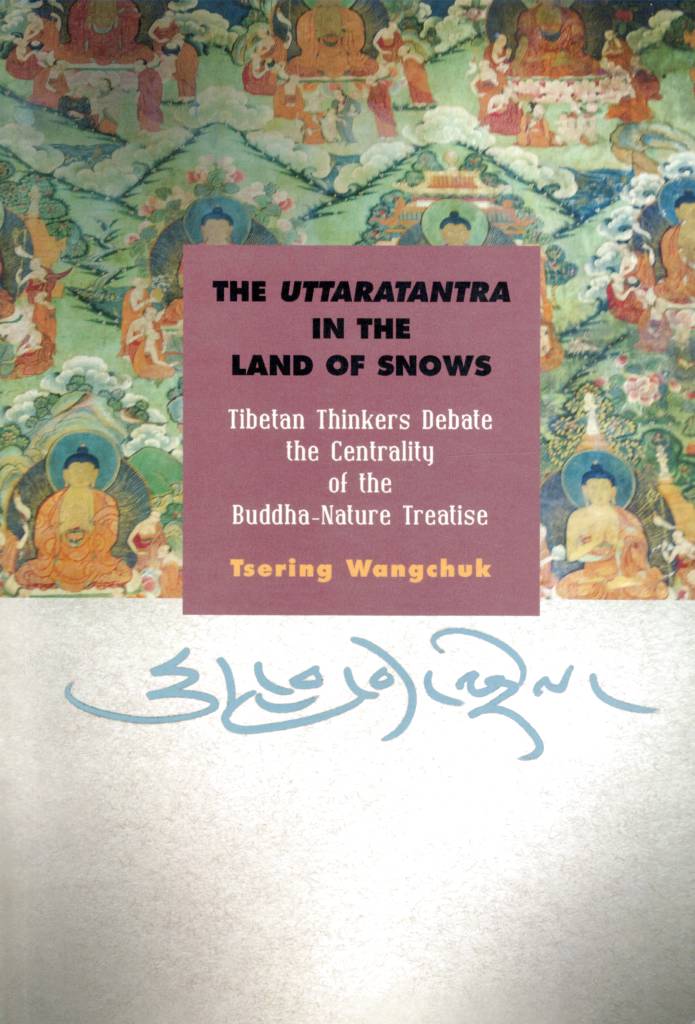((by SublimeText.Mediawiker)) |
((by SublimeText.Mediawiker)) |
||
| Line 1: | Line 1: | ||
<div class="bnw-jumbotron depth-1 mb-5"> | <div class="bnw-jumbotron depth-1 mb-5 offset"> | ||
'''Study Groups''' are facilitated meeting groups that meet regularly online, or in person, or both. They are one of the ways to learn more about buddha-nature while connecting with others interested in similar topics, and often learning from specialists, authors, and dharma teachers about subjects that interest you. Learn more about the groups meeting around the world in the sections below. | '''Study Groups''' are facilitated meeting groups that meet regularly online, or in person, or both. They are one of the ways to learn more about buddha-nature while connecting with others interested in similar topics, and often learning from specialists, authors, and dharma teachers about subjects that interest you. Learn more about the groups meeting around the world in the sections below. | ||
Revision as of 21:56, 24 September 2018
Study Groups are facilitated meeting groups that meet regularly online, or in person, or both. They are one of the ways to learn more about buddha-nature while connecting with others interested in similar topics, and often learning from specialists, authors, and dharma teachers about subjects that interest you. Learn more about the groups meeting around the world in the sections below.
- Want to read a short article? Click here...
- Want to read a whole book? Click here...
- Want to study the source texts? Click here...
Connect on Facebook here...
Article Study Group: Buddha-Nature
Discuss a long-read article with like-minded individuals and learn more about the philosophy of buddha-nature. The article study group will meet regularly online to discuss an article chosen by the group and facilitators at the end of the previous meeting.
Now Reading: Article Study Group 1: Philosophy
Duckworth, Douglas. "Onto-theology and Emptiness: The Nature of Buddha-Nature." Journal of the American Academy of Religion vol. 82, no. 4, (2014): 1070–1090.
Beginning January 7th, 2019 - Sign Up Here
Abstract
In this article, I chart a trajectory from deconstruction to embodiment in the intellectual history of Buddhist traditions in Tibet. I focus on embodiment as a participatory approach to radically deconstructed and unthematized meaning, in contrast to an interpretation of truth as purely an analytic category or an approach to meaning that deals with values, such as emptiness, as simply truth claims or representations. I show how certain Buddhists in Tibet have represented the meaning of emptiness as a uniquely participatory encounter in such a way that its meaning is necessarily embodied. To speak of it otherwise, I argue, is to misrepresent its meaning fundamentally. An important way that the embodiment of emptiness is formulated is through the discourses of buddha-nature (tathāgatagarbha). I show how Tibetan interpretations of Buddha-nature reflect postmodern concerns about metaphysics and onto-theology.
Book Clubs
Now Reading: The Uttaratantra in the Land of Snows by Tsering Wangchuk
Join a small group of knowledgeable readers for regular online meetings to discuss Tsering Wangchuk's The Uttaratantra in the Land of Snows.
Meet the author! Dr. Tsering Wangchuk will join us for one session during the reading and talk about his book and take questions from the group.
Beginning January 7th, 2019 - Sign Up Here
Join weekly online meetings to discuss Tsering Wangchuk's The Uttaratantra in the Land of Snows.
Lisez le commentaire de Kongtrul sur l’Uttaratantra avec Christian Charrier
" L’Inattaquable Rugissement du lion "
Lire avec le traducteur principal Christian Charrier pour des réunions hebdomadaires pour discuter du commentaire de Jamgon Kongtrul sur l'Uttaratantrashastra.
(Read with master translator Christian Charrier for weekly meetings to discuss Jamgon Kongtrul's commentary on the Uttaratantrashastra.)
Traditional Study of the Source Texts
- Links to Three Trainings: Study section
- Lama Tenpa in Boulder in 2019
- Karmapa?
- Others?

